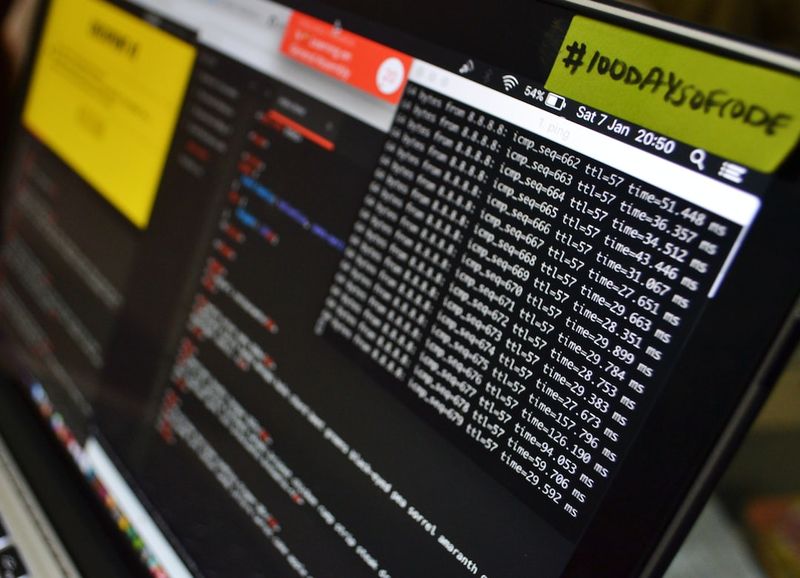Data Breaches MOVEit Hack: Number of Impacted Organizations Exceeds 340
The Fallout of the MOVEit Hack
The aftermath of the MOVEit hack, carried out by a notorious cybercrime group, is more far-reaching than originally anticipated. According to threat analyst Brett Callow at cybersecurity firm Emsisoft, the number of impacted organizations now exceeds 340, with an estimated 18 million individuals affected. These numbers include not only direct victims of the attack but also organizations indirectly impacted.
The MOVEit attack targeted the vulnerability of the MOVEit software, exploiting a zero-day vulnerability that the hackers may have known about since 2021. The cybercrime group responsible, known for its use of the Cl0p ransomware, is now in possession of a massive amount of data that could be utilized for business email compromise (BEC) and phishing attacks. This data, in the wrong hands, poses a significant threat to individuals and organizations alike.
The Scope of Impact
Among the impacted organizations are 58 educational institutions in the United States, including Colorado State University, which confirmed that student and employee data may have been stolen. Major companies that use the services of UK-based payroll and HR company Zellis, such as the BBC and British Airways, were also indirectly impacted. Industrial giants Honeywell, Siemens Energy, Schneider Electric, and Emerson are among the confirmed victims of the attack. Additionally, several German banks and photography platform Shutterfly were targeted.
The cybercrime group behind the attack has been publishing stolen files from organizations that have refused to pay the ransom. They claim to have deleted all data stolen from impacted government agencies. The fact that no file-encrypting ransomware was deployed during this campaign suggests that the primary goal of the hackers was data theft rather than immediate financial gain.
The Philosophical Implications
The MOVEit hack raises important philosophical questions about data privacy, security, and the responsibility of organizations to protect the information they collect from individuals. As our lives become increasingly digitized, it is crucial for businesses to prioritize cybersecurity measures that safeguard personal data. The consequences of a data breach can be severe, affecting not only individuals whose information is compromised but also the organizations themselves, as they face reputational damage and potential legal consequences.
The MOVEit attack also highlights the ethical issues surrounding the role of cybercrime groups. While these groups operate outside the law, exploiting vulnerabilities for financial gain or other nefarious purposes, we must also question the culpability of organizations that fail to adequately protect their systems and the individuals whose data they hold.
The Importance of Internet Security
In light of the MOVEit hack and the growing frequency of large-scale data breaches, it is essential for individuals and organizations to prioritize internet security. This includes implementing strong passwords, regularly updating software, utilizing multi-factor authentication, and being cautious about sharing personal information online. Businesses should invest in robust cybersecurity measures, conduct regular vulnerability assessments and penetration testing, and educate their employees about best practices to mitigate the risk of cyber attacks.
Internet service providers, software developers, and governments also have a critical role to play in promoting internet security. They must invest in system updates, security patches, and improved encryption protocols, while also enhancing user awareness and education.
Editorial: Strengthening Cybersecurity in the Digital Age
The MOVEit hack serves as a stark reminder of the urgent need to strengthen cybersecurity in the digital age. It is no longer sufficient to rely solely on traditional security measures. As technology advances, cybercriminals become more sophisticated, and the frequency and impact of data breaches increase, we must adapt and evolve our security practices. This includes not only individual users but also organizations, internet service providers, software developers, and governments.
The responsibility to protect personal data lies not only with the organizations that collect and store it but also with the individuals themselves. Personal vigilance, cybersecurity awareness, and proactive security measures are key to safeguarding our digital lives.
At the same time, governments and regulatory bodies must adopt legislation that holds organizations accountable for data breaches and incentivizes proactive cybersecurity measures. Stricter data protection regulations and harsh penalties for negligence can serve as a deterrent and encourage organizations to invest in robust security practices.
The digital world has brought immense benefits and opportunities, but it also exposes us to unprecedented risks. It is up to all stakeholders to work together to create a safer and more secure online environment for individuals and organizations alike. By prioritizing cybersecurity, investing in technological advancements, and promoting cybersecurity education and awareness, we can build a future where the threat of large-scale data breaches becomes a thing of the past.

<< photo by cottonbro studio >>
The image is for illustrative purposes only and does not depict the actual situation.
You might want to read !
- MOVEit Hack: Assessing the Far-Reaching Impact on Over 340 Organizations
- State-Sponsored Cyberattacks: How JumpCloud Uncovered a Targeted Campaign
- The Evolution of the Cybersecurity Landscape: A Breakdown of the First Half of 2023’s M&A Activity
- Detecting and Mitigating Insider Threats: Strengthening SaaS Security for Effective Risk Management
- The Invisible Invasion: How a Microsoft Bug Exposed the Dark Side of Azure AD Tokens
- The Rise of Gamaredon: Uncovering Rapid Data Exfiltration Tactics
- The Dark Side of AI: Unveiling WormGPT, a Tool Empowering Cybercriminals
- Cyber Space Pirates: Unleashing the Risks of Satellite Hijacking
- Secure Code Warrior Raises $50M to Revolutionize Software Security Education
- The Rise of the ‘AI-tocracy’: Exploring the Emergence of Artificial Intelligence in Governance
- Streamlining Authentication: The Evolving Landscape of Convenient and Secure Access
- 6 Key Factors to Consider When Selecting an Attack Surface Management Platform
- C-Suite Leaders: Unveiling the Power of XDR
- The Rise of LokiBot Malware: Microsoft Word Vulnerabilities Exploited by Cybercriminals
- “Strengthen Your Defense: Unveiling the Power of SaaS Security Posture Management in Tackling Insider Threats”
- The Rise of TeamTNT: Analyzing the Silentbob Botnet’s Cloud Attack Campaign




